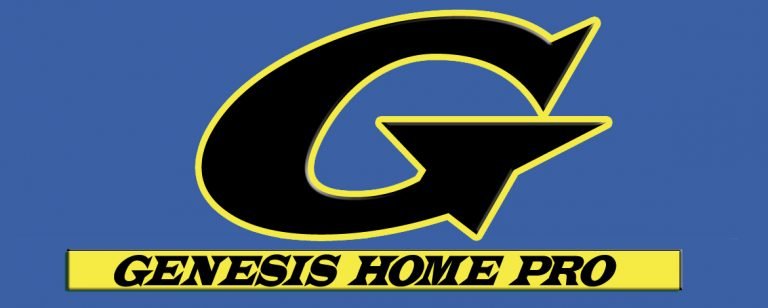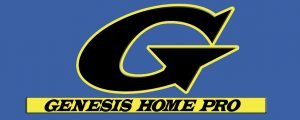RESIDENTIAL
Financing Solar
Going solar can deliver major cost savings compared to buying all of your electricity from your utility. However, just like other big purchases like a home or a car, many homeowners prefer to finance their solar installation instead of paying cash up front. That’s why there are a full range of financing options as part of our mission to deliver the best possible value for you.
Option 1: Same-As-Cash
Genesis offers short-term financing over 6 or 12 months through our “Same-As-Cash” option. Homeowners that qualify pay zero financing fees or interest, allowing you to go solar at the lowest possible cost and begin enjoying the full value of your monthly electricity bill savings ASAP. Simply put, your benefits will be the same as if you paid off your entire system up front with cash.
This option makes the most sense for customers that can afford to pay off their solar system relatively quickly, as it allows you to maximize their savings with a minimum of paperwork. However, customers that prefer to spread their cost of going solar over a longer period of time may prefer our other options. Moreover, eligibility is based on credit and income, and not all customers may qualify.
Pros: No financing fees, minimal paperwork.
Cons: Must pay back over 6 or 12 months.
Option 2: Solar Loan
Homeowners looking to finance over a longer period of time may be eligible for loans designed specifically for home solar installations. We’ve teamed up with the top solar loan providers to offer you loan products with terms of up to 20 years, including options to go solar for zero money down that allow you to start saving on your electricity bill from day one.
Solar loans are often the best deal for customers that wish to minimize their short-term outlays while maximizing their long-term savings from solar, since loans allow you to lock in low monthly payments and claim benefits from tax credits and other government incentives. In fact, a study from the National Renewable Energy Laboratory estimates that loan-financed solar can save up to 30% more over the life of a solar panel than going solar via a power purchase agreement (PPA).
Pros: Spread solar costs over long term, greater savings than PPA.
Cons: Higher financing costs than “same-as-cash,” higher credit requirements than PPA.
Option 3: Power purchase agreement (PPA)
Finally, another popular way to go solar is with a power purchase agreement (PPA), also known as a solar lease. Under this model, the solar system on your roof is actually owned by one of our third-party financing partners, who then provide you with solar power at a lower cost than your utility rates over a 20-year contract. You can either opt to go solar for zero money down or make a small up-front payment in order to reduce your monthly energy costs further.
In many ways, this leasing model is similar to a solar loan, since you can realize savings from day one with little or no up-front costs. However, much like leasing a car or renting a home, your benefits over the life of your solar investment will be less than if you own your system outright. On the plus side, leases are often easier to qualify for than loans, making them the best option for many customers.
Pros: Easy approval, save from day one.
Cons: Lower lifetime savings compared to loans.
While each financing method has pros and cons, the bottom line is that all of them will help you save money by making it easier to go solar. Specific terms for each of these options will vary according to a variety of factors.

